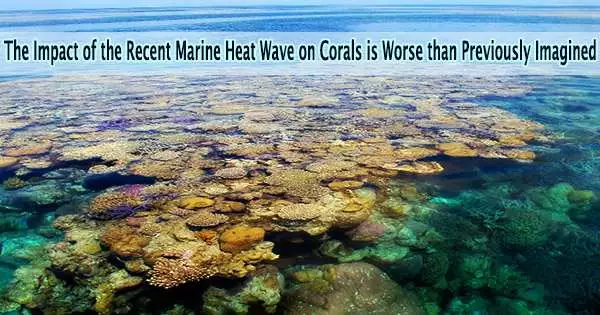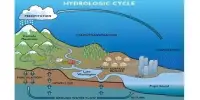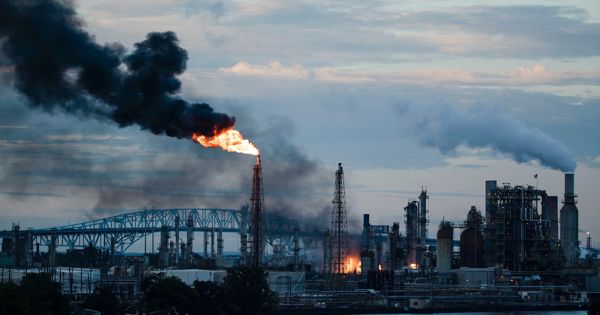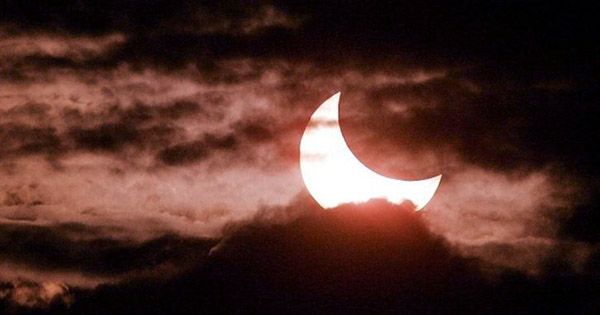According to recent University of Victoria research, the consequences of marine heat waves brought on by climate change on corals and biodiversity are greater than previously assumed. As the world struggles with record ocean temperatures, the research, which was published in Science Advances, also offers significant hints regarding broader coral variety and the health of the marine ecosystem.
The results come as news media have widely reported unprecedented temperatures in 2023 in places such as Florida.
Julia Baum, professor of ocean ecology and global change at UVic and postdoctoral fellow Samuel Starko, and colleagues, writes marine heat waves threaten cryptic coral diversity and erode associations among co-evolving partners from the US. The paper addresses the global effects of an earlier heat wave (the 2015-to-2016 El Niño) on coral.
Starko, a former UVic postdoctoral researcher with Baum’s lab and now at the University of Western Australia, says the study focused on the epicenter of Kiritimati, a coral atoll in the central equatorial Pacific Ocean. One type of lobed coral was revealed to have three genetic lineages, and it was discovered that each one responded to heat differently.
We need to rapidly reduce greenhouse gas emissions to curb planetary warming. The current warming in Florida underscores that the ocean is simply becoming too hot for corals, and we need to act now to mitigate climate change.
Professor Julia Baum
“Even though the lobed coral appeared to be the most resilient of all coral species, our results demonstrate that one lineage was actually very sensitive and experienced a major reduction in abundance following the heat wave. This highlights how the impacts of extreme events caused by climate change may be even worse than previously thought because they threaten diversity at the genetic level,” he says.
Baum, a UVic President’s Chair and Provost’s Engaged Scholar, says such “cryptic diversity” can be important for the functioning of ecosystems, and the paper notes that “reductions in the diversity of genotypes or lineages may limit the capacity for future adaptation that could help corals withstand, for example, disease or the effects of climate change.”
Because corals are extremely sensitive to even little variations in the temperature of the water around them, climate change poses a threat to the world’s coral reefs. Corals release the algae that live in their tissues and provide nourishment for them during marine heat waves, which results in coral bleaching, which turns the coral entirely white.
Prolonged bleaching often causes corals to die from starvation. They can typically recover if they can restore their food supply within a few weeks. The capacity of corals to tolerate and recover from bleaching is vital to their survival, as predictions from global climate models indicate that heat waves will continue to rise in frequency and duration.
Around the world, coral reef ecosystems are valued over US$375 billion annually and provide hundreds of millions of people in tropical island countries with a crucial source of food and income.
Starko says the study’s identification of different coral genotypes highlights the potential for increasing coral reef resilience to threats.
“There has been an increasing push to use targeted genotypes to restore and future-proof marine ecosystems, including coral reefs,” he says. “If we can identify genotypes that are more resilient to heat stress then we can strategically out-plant them to increase the overall resilience of reefs in the face of climate change.”
But Baum notes that alone isn’t enough to protect corals and ocean biodiversity, saying, “We need to rapidly reduce greenhouse gas emissions to curb planetary warming. The current warming in Florida underscores that the ocean is simply becoming too hot for corals, and we need to act now to mitigate climate change.”
















